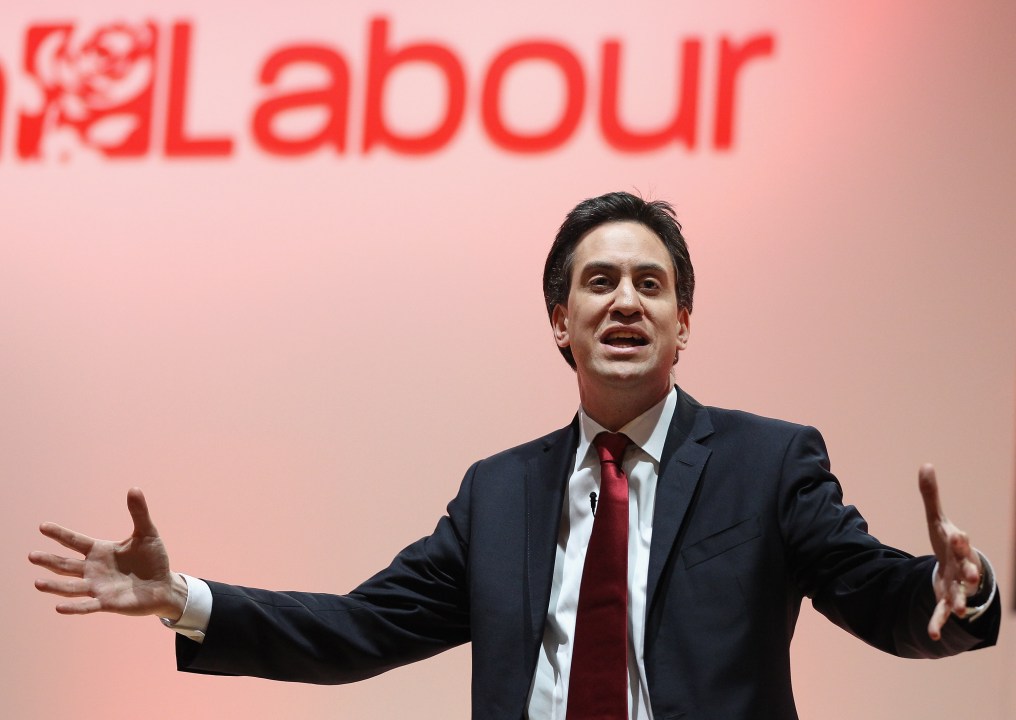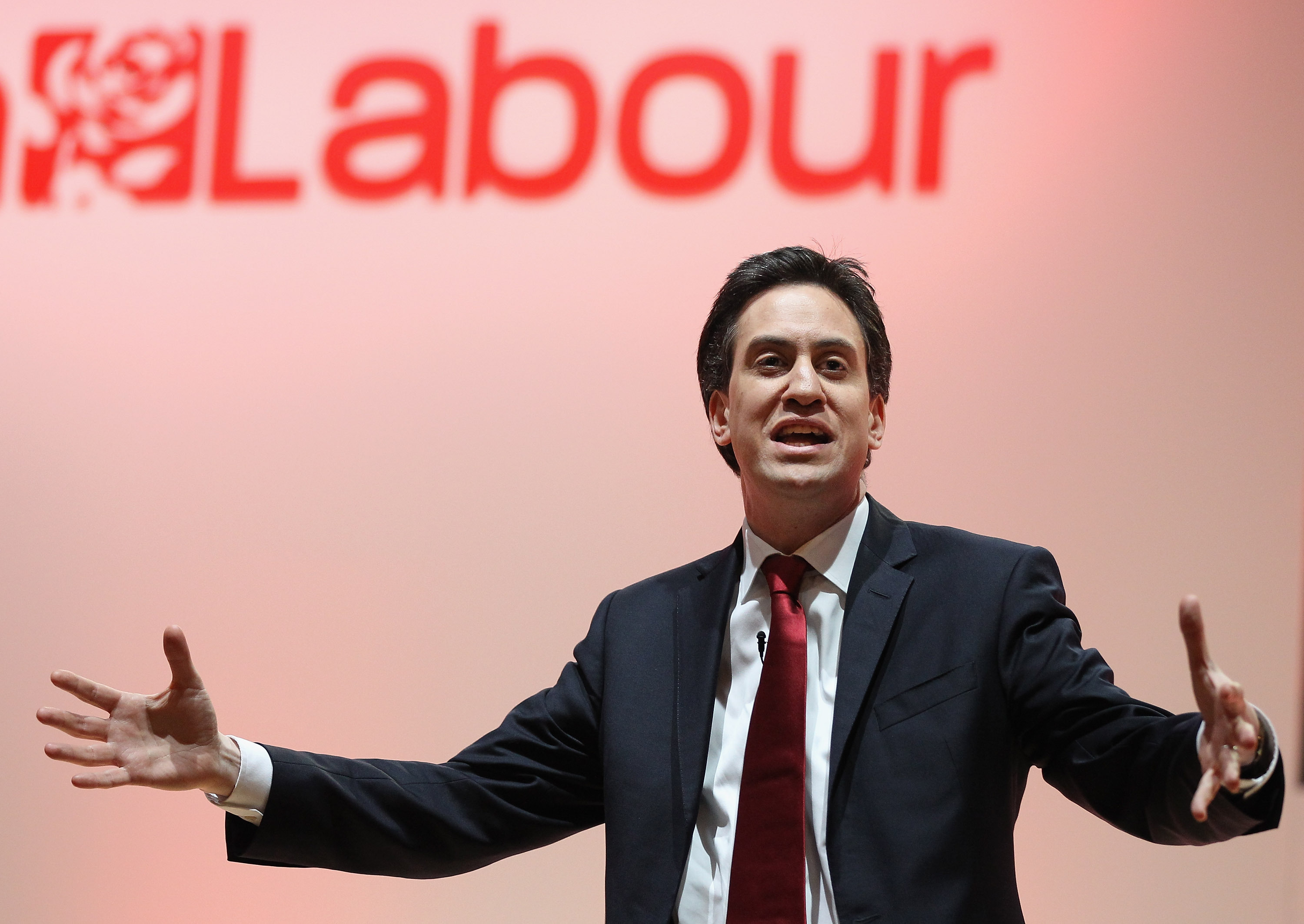If you think things couldn’t get worse than Ed Miliband’s
Five Live interview, read his speech on patriotism. It seeks to build on his ‘predators’ speech, which suggested a Manichean divide between bad companies and good
companies. Labour MPs of Mr Miliband’s political heritage always place manufacturers in the latter camp. He hails the success of many of them. ‘You know better than I that this
success has been achieved against the odds.’ I suspect they know better than he the effect that a 25 per cent devaluation has on exports. ‘Economic protectionism is what governments
reach for when they don’t believe firms can compete. And we will never return to those days,’ he says – before doing just that.
Patriotism – as in, preferring British-made goods to imports. British banks should be patriotic and lend, he says.‘From our government to our culture, we need pride and patriotism if our British firms are to succeed.’
Perhaps the bank sussed that the wind farm bubble is about to burst, and debt-fuelled expansion into a soon-to-be-extinct market is not the best way of using its depositors’ money. But Ed said Labour proposes a ‘British Investment Bank’ which would ‘see government stepping in with state-guaranteed finance channelled through banks and private investment firms when the market won’t provide.’ The American government took this approach to housing, and called it sub-prime loans. That wasn’t a great success.‘The other day in Scotland I talked to a wind turbine manufacturer who complained that while he had employed 20 people in his firm it could have been 30 if only he had got the loan he needed from a leading British bank.’
When he denounced the ‘backward-looking “Buy British” campaign’ you could tell what was coming next.
I wonder why he hasn’t seen them much? Perhaps because food labelling is now a competence of the European Commission? If he wants to see more British labels in the supermarkets, he can seek an amendment to the Directive 2000/13/EC. And in truth, even food isn’t so British in our globalised world: crops are produced in one country, prepared in another. The same is true for engineering: parts are made in Germany, plane engines made in Britain – but the finished product is quite often the result of many people in many countries.‘The CEO of Stoves said something which stuck with me. There are three words we don’t hear enough, or see enough. Those words are “Made in Britain”.’
When Miliband signed off by saying ‘the next Labour government will put British design, British invention, British manufacturing at the heart of our economic policy’ he came across as someone who has yet to grasp the meaning of globalization. Someone who hasn’t read The World Is Flat, someone who wants (as Billy Bragg said) a world with a wall around it. Someone who probably doesn’t know that Britain’s workforce is now 14 per cent foreign-born. The socialist textbooks were written when most Brits worked in factories, and there was no mass immigration. Globalisation has ended that, and even socialism needs to update itself.
I doubt many Labour voters will look for ‘Made in Britain’ clothes or gadgets. They are more likely to look at the price tag – and if Asda sells a school uniform, or DVD player for under £20, then God bless globalization. The British public is at ease with this changing world; it’s a shame the same cannot be said about the leadership of the Labour Party.








Comments